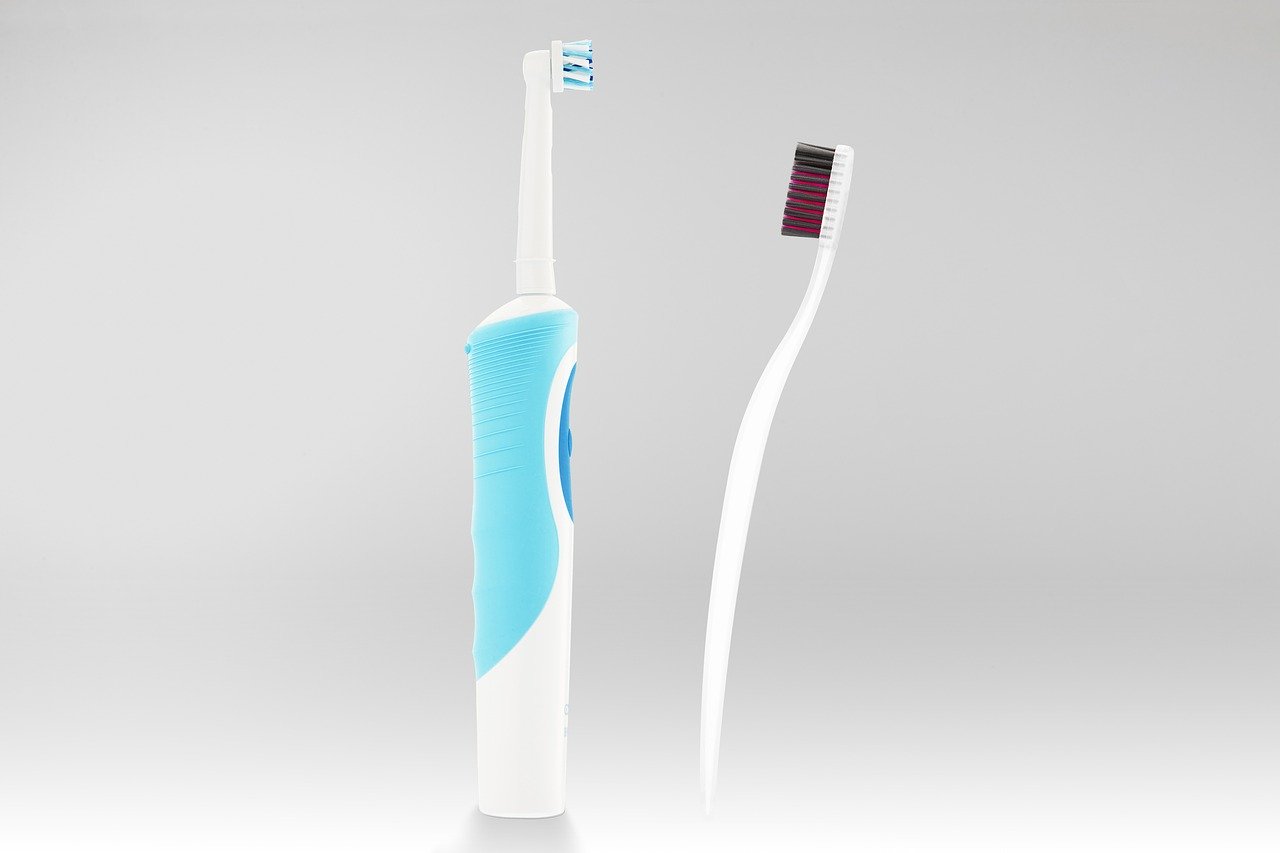In June 2019 researchers from Italy published their review on the use of a “smart toothbrush” in an intensive care environment. Providing effective oral hygiene is crucial in this environment as it stops dental plaque deposits becoming a potential breeding ground for bacteria that could cause a respiratory infection and possibly pneumonia. Recently released electronic toothbrushes have been improving the way people brush their teeth as they have 3D sensors embedded in them which are able to collect and analyse data about tooth brushing accuracy and duration across different brushing zones. The “smart toothbrush” therefore is not only able to keep track of the skipped areas but can offer recommendations on how to improve oral care. The missed areas are pinpointed on a tooth map. The “smart toothbrush” will also inform the individual on the percentage of brushed surface, the teeth that require more attention, and if too much pressure is being applied to any specific area that could induce gingival damage. If a “smart toothbrush” was used in an intensive care environment, it could therefore improve the oral hygiene techniques practised by staff, as it would allow them to adjust the pressure used to obtain total and accurate mouth cleaning without missing a single tooth. However, before “smart toothbrushes” can be used in an intensive care setting, further research is required in order to understand what is involved in implementing their use, eg toothbrush sterilisation, the availability of disposable parts, and the increased cost in respect to standard toothbrushes. Whilst brush heads can generally be replaced, the body is fixed and the possibility to sterilize is unknown.
Scquizzato, T, Gazzato, A. Adopting a smart toothbrush with artificial intelligence may improve oral care in patients admitted to the intensive care unit. Crit Care 2019; 23; 223

